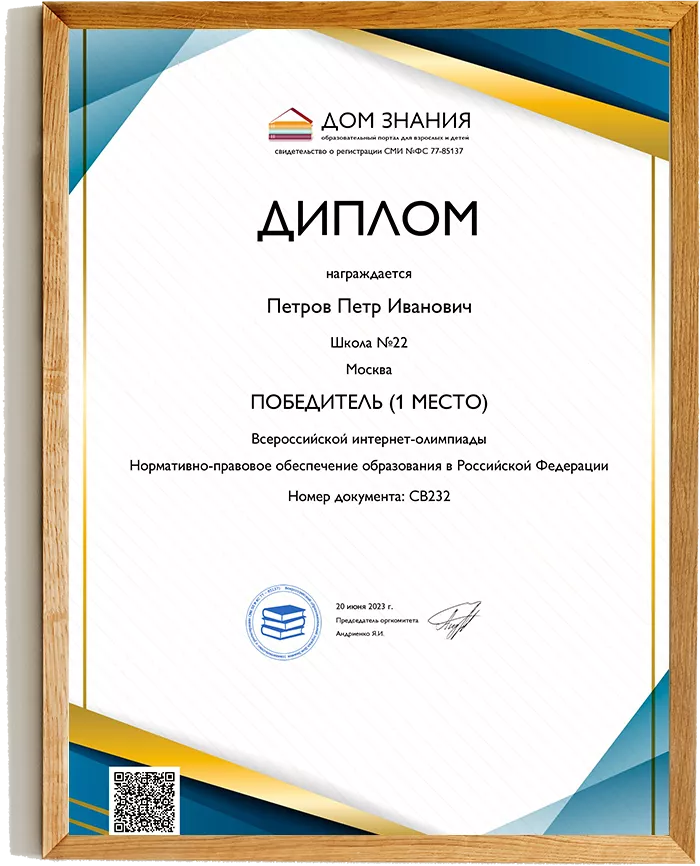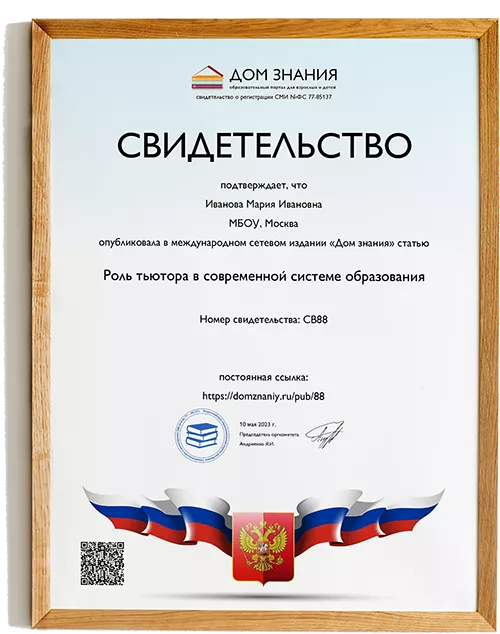Ancient Greece Poets & Greek Poetry - Classical Literature
emphasis (on literature) - акцент (на литературе)
invention - изобретение, выдумка
Homer [həumə]
The lliad ['iliad] – поэма Гомера, а также длинное повествование, подробный рассказ
The Odyssey ['odisi] - поэма Гомера, а также рассказ о странствиях и подвигах
to regard - считаться
Sappho [s'afəu]
Aesop [ˈiːsɒp]
Pindar ['pindər]
Thespis ['θespɪs] –Феспид
Aeschylus ['iːskɪləs]
Sophocles ['sa:fə.kliz]
Euripides [jʊ'rɪpɪdiːz]
Aristophanes ['aristofeinz]
allowable - допустимый, приемлемый
Hellenistic |heli'nistik| - эллинистический
Read the text and find the answers to the questions:
1 . What literary forms were invented in Greece?
2. Name ancient Greek poets, dramatists, tragedians, fablers, and comedians
Ancient Greek society placed considerable emphasis on literature and, according to many, the whole Western literary tradition began there, with the epic poems of Homer.
In addition to the invention of the epic and lyric forms of poetry, though, the Greeks were also essentially responsible for the invention of drama, and they produced masterpieces of both tragedy and comedy that are still reckoned among the crowning achievements of drama to this day.
The epic poems attributed to Homer are usually considered the first extant work of Western literature, and they remain giants in the literary canon for their skillful and vivid depictions of war and peace, honor and disgrace, love and hatred.
Hesiod was another very early Greek poet and his didactic poems give us a systematic account of Greek mythology, the creation myths and the gods, as well as an insight into the day-to-day lives of Greek farmers of the time.
The fables of Aesop represent a separate genre of literature, unrelated to any other, and probably developed out of an oral tradition going back many centuries.
Sappho and, later, Pindar, represent, in their different ways, the apotheosis of Greek lyric poetry.
The earliest known Greek dramatist was Thespis, the winner of the first theatrical contest held at Athens in the 6th Century BCE. Choerilus, Pratinas and Phrynichus were also early Greek tragedians, each credited with different innovations in the field.
Aeschylus, however, is usually considered the first of the great Greek playwrights, and essentially invented what we think of as drama in the 5th Century BCE (thereby changing Western literature forever) with his introduction of dialogue and interacting characters into playwriting.
Euripides, on the other hand, used his plays to challenge the societal norms and mores of the period, introduced even greater flexibility in dramatic structure and was the first playwright to develop female characters to any extent.
Aristophanes defined and shaped our idea of what is known as Old Comedy, while, almost a century later, Menander carried on the mantle and dominated the genre of Athenian New Comedy.
After Menander, the spirit of dramatic creation moved out to other centers of civilization, such as Alexandria, Sicily and Rome. In the 3rd Century BCE, for example, Apollonius of Rhodes was an innovative and influential Hellenistic Greek epic poet.
After the 3rd Century BCE, Greek literature went into a decline from its previous heights, although much valuable writing in the fields of philosophy, history and science continued to be produced throughout Hellenistic Greece.
Vocabulary:
crowning achievements =main achievements
extant – сохранившийся, дошедший до нас
systematic account of Greek mythology - систематический рассказ о греческой мифологии
Western literary tradition - Западная литературная традиция
developed out of an oral tradition - развился на основе устной традиции
apotheosis [ə'pɔθɪ'əusɪs] –апофеоз
challenge the societal norms and mores of the period- бросить вызов общественным нормам и нравам того периода
1. Say who:
1. gave a systematic account of Greek mythology
2. was the first of the great Greek playwrights
3. wrote fables
4. was the earliest known Greek dramatist
5. challenged the societal [sə'saɪətl] norms and mores of the period
6. skillfully depicted war and peace, honor and disgrace, love and hatred.
7. defined and shaped our idea of Old Comedy
8. were lyric poets
2. Make 4 different types of questions to the text.
3. Make an annotation of the text (10 sentences)


